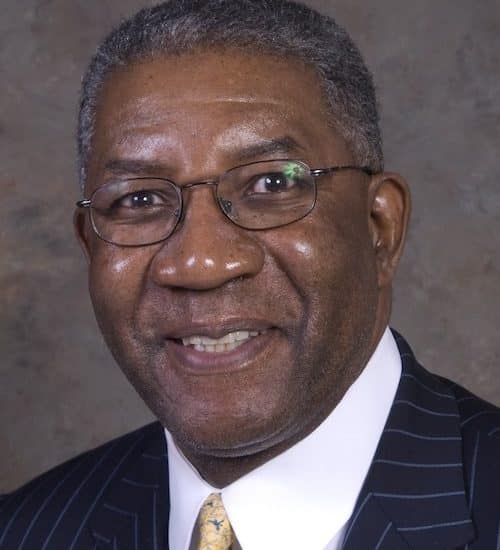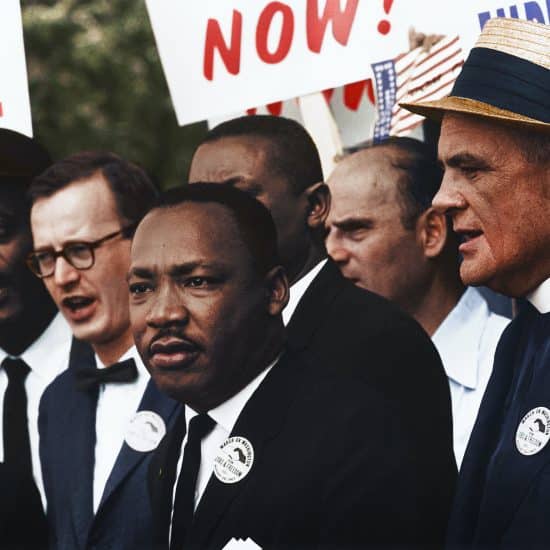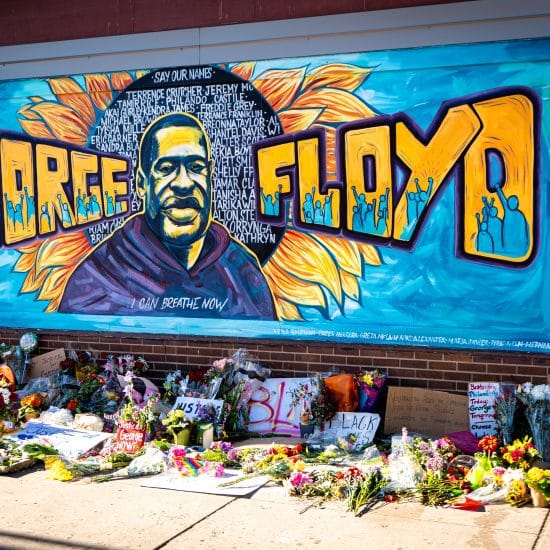In the days before Jesus, Israel longed for a messiah who would bring true justice to the nation — a prototypical king with the strength of David and the wisdom of Solomon. Only better. The expected formula was simple: relief for the just, punishment for the unjust. Give the good guys and the bad guys each what they deserve. End of story.

Bill Webb
|
The prophet Amos lamented the unfaithfulness of the people and called for lives that practiced justice that rolled like a river and righteousness like a never-failing stream (Amos 5:24).
Paul recognized that the scales of justice were tilted in his day. When the ruling Romans treated him like a Jew or a Christian, Paul invoked his Roman citizenship. Under Roman occupation in Palestine, justice favored the citizens of Rome but rarely recognized anyone else.
Jesus tasted the bitter fruit of Roman justice as he stood before Pontius Pilate during Passover. Roman justice for a sinless teacher — the Messiah — was a cruel cross and an agonizing death.
So much for the justice of the world.
Our cover package in this issue (pp. 1, 6-8) is about justice — restorative justice. Most of these stories were written by Word&Way associate editor Vicki Brown. Many of the people involved in hundreds of restorative justice programs throughout the U.S. and the world give of themselves either vocationally or as volunteers because they believe they are about God's business. They seek to see the world and the application of justice through the eyes of the Messiah.
More people than any of us know engage in ministries that offer redemption to the families of crime victims, the families of prisoners, communities affected by crimes and convicted prisoners themselves. Theirs is a holistic ministry that seeks world-changing results one person and one community at a time.
One of Jesus' tests for those who claimed to be His disciples was how much time they had spent in prison visiting inmates. His words to those who didn't reach out in feeding, healing, clothing and visitation ministries were condemning.
Obviously, Jesus favored restorative justice. He valued rescued lives. Most of us have brushed shoulders with victims of crime or perpetrators of crime. We have seen communities try to come to grips with the results of criminal actions.
As a youngster, I grew up in a small town with the knowledge that my great uncle had gotten into a fight on the town square and killed a man. For his crime, this relative was incarcerated for several years. After he had served his time, he was released and finished his life semi-secluded just outside our town.
A few years ago, an uncle of mine was violently murdered. The circumstances were bizarre but the end result was that one of the most highly regarded men in the community had his life snuffed out. The bitter old man who committed the crime bragged about it, never showed remorse and is living out his days in prison.
The family of my uncle and the family of the perpetrator ultimately had one thing in common: Their loved one was taken away from them. One was killed, and the other is spending his last years in prison. One of my cousins, when interviewed on local news, asked for people to pray for his family and for the family of the man who had murdered his father.
Vicki Brown's excellent stories on restorative justice are appropriate for the season when we celebrate the incarnation of the Messiah.
Our belief as Christians is that Christ came into the world to make of Himself a sacrifice for every person. He is a Christ of wholeness delivered by God into a very broken world. He reaches out to the self-sufficient and the needy, the unrighteous and the self-righteous, the clean and the unclean, the law-abiders and the lawbreakers, the public sinners and those who keep their sins in their hearts.
God reaches out to some people I would just as soon He skip. After all, some seem especially undeserving.
The people whom I know who participate in these kinds of restorative justice ministries derive a great deal of satisfaction from their efforts. They tell stories of changed lives behind bars. Some testify that many who experience great loss at the hands of others have been able to reclaim their lives. In some cases, family members of the incarcerated have been able to draw on resources that enable them to break their families' incarceration cycle. Others relate the joy of seeing a community heal in the wake of crime.
Such progress doesn't just happen. Those who engage in restorative justice — or redemptive justice — deserve gratitude and support.
Bill Webb is editor of Word&Way.






